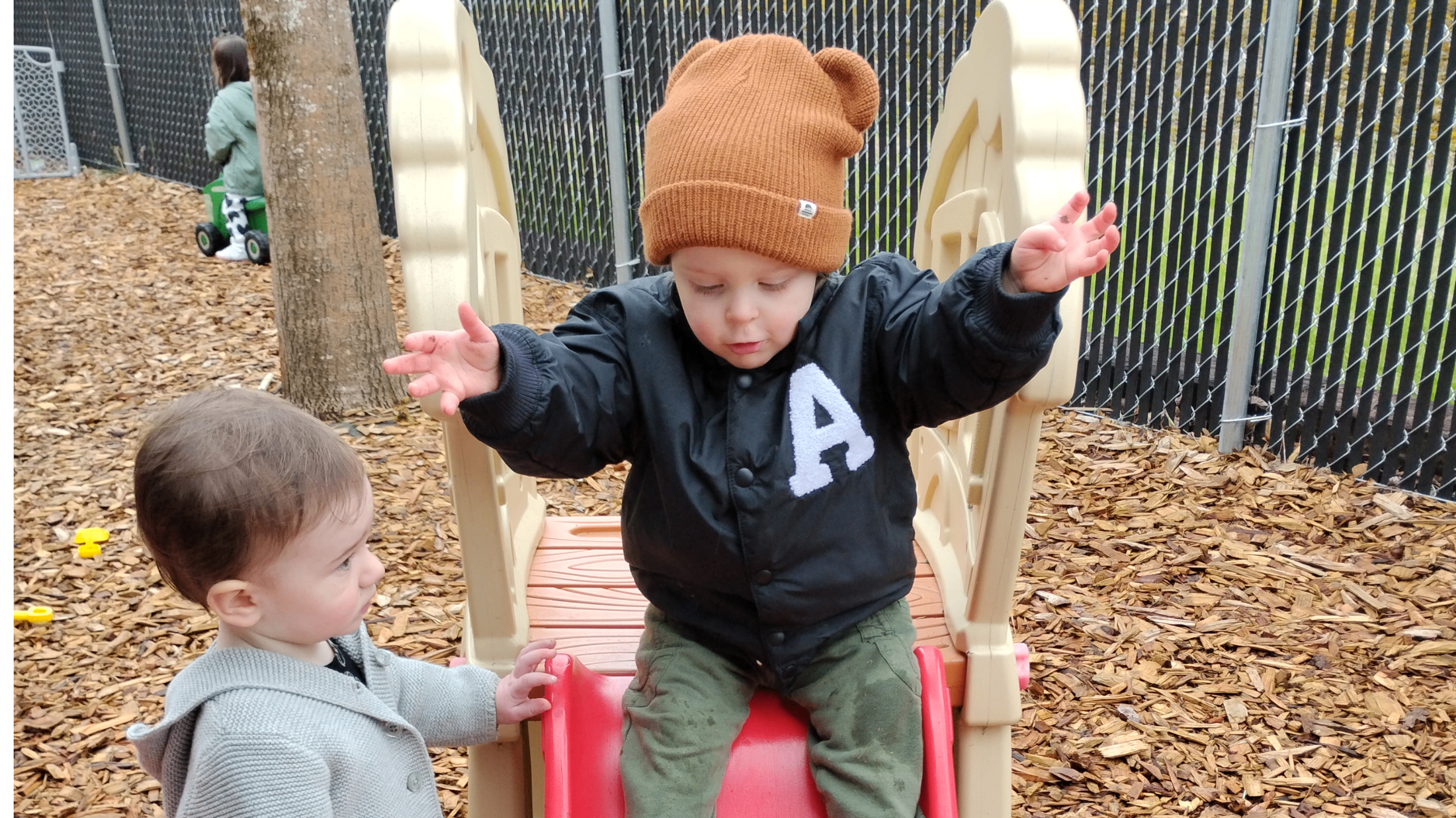Playtime’s the Real MVP: How Harwell School Turns Fun into Brain Gains
Harvard proves play turbocharges young brains. Harwell School cranks it up, fusing STEM with art in bold, joyful bursts—from peekaboo to brainteasers—sculpting sharp, imaginative kids poised to conquer tomorrow.

Harwell School released a new article, "Harvard: Play Helps Children Build Better Brains," spotlighting the transformative role of play in child development. The piece, authored by staff writer Harper Adler, draws inspiration from Harvard’s Center on the Developing Child’s January 2025 study, "Play Helps Children Build Better Brains. Here Are Some Ways to Get Kids Learning." Published on Harwell’s website, the article explores how play—far more than a pastime—lays the groundwork for sharper minds and resilient futures, a philosophy the school has championed for years.
Harvard’s research reveals that play enhances executive function, self-regulation, and memory across all ages, from infants to teens. Simple activities like peekaboo teach babies attention and trust, while hide-and-seek boosts toddler motor skills and focus. For older children, collaborative games like Dungeons & Dragons or Minecraft ignite problem-solving and creativity. Harwell School has long embraced this science, weaving it into a play-based curriculum that adapts to each developmental stage. “Harvard’s findings validate what we’ve seen firsthand: play is a powerful engine for learning,” said Adler. “Our article brings the Harvard findings to life with our real-world classroom experience.”
At Harwell, play isn’t an add-on—it’s the core of education. In preschool classrooms, memory games and pretend play build foundational skills, and nearly all ages tackle strategy-based challenges that merge STEM with artistic expression. For example, a child may begin a curious exploration in a science space and then find inspiration for an art project. Harwell encouraged kids to hypothesize, test, and ultimately create. This interdisciplinary approach sets Harwell apart from other models that silo subjects, equipping students with the adaptability and emotional intelligence needed for real-world success. The school’s campuses, including a flagship location near Nike’s world headquarters in Beaverton, buzz with these vibrant, hands-on experiences.
Adler’s article digs deeper into practical takeaways, offering parents and educators a lens to evaluate play’s impact. Are children exploring freely? Are they solving problems through games? Harwell answers with a resounding yes, structuring its days to prioritize discovery over rote learning. “We don’t just let kids play—we guide them to grow through it,” Adler noted. The piece cites a toddler crafting a tower to learn balance or a teen designing a Minecraft world to test hypotheses—each moment a step toward cognitive and social strength.
Beyond the classroom, Harwell urges families to rethink playtime at home. The Harvard study suggests everyday interactions—like a parent hiding a toy or a sibling inventing a story—can spark lifelong skills. Adler’s article builds on this, encouraging caregivers to seek environments that amplify these opportunities. Available now at https://www.harwellschool.com/blog/harvard-says-play-helps-children-build-better-brains, the piece positions Harwell as a leader in translating research into action, serving Portland-area families with a forward-thinking approach.
Since its founding, Harwell School has redefined progressive education by grounding its methods in evidence and imagination. This latest article underscores that mission, bridging Harvard’s academic insights with practical, playful innovation. Parents wondering if their child’s preschool fosters a thriving future need only ask: Does it harness play’s full potential? At Harwell, the answer is clear.
About Harwell School
Harwell School pioneers a play-based curriculum that nurtures creativity, critical thinking, and emotional growth. With multiple locations in the Portland region, including a standout campus in Beaverton near Nike’s headquarters, Harwell empowers students through research-informed, hands-on learning designed for a dynamic world.

